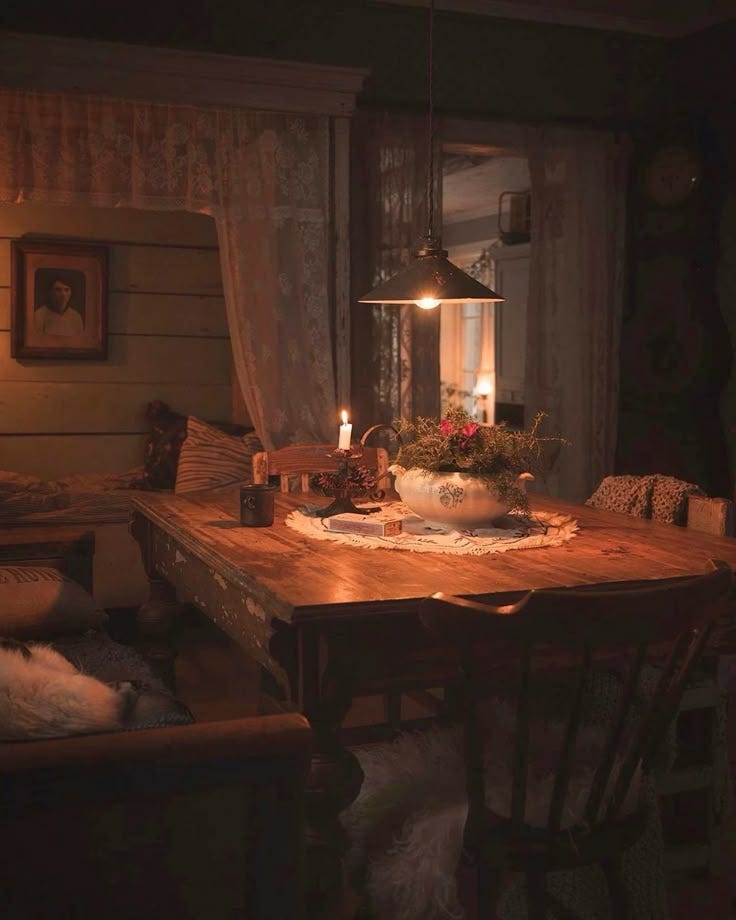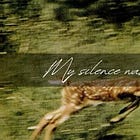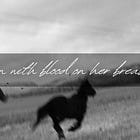The kitchen smelled of fried okra, butter snapping against the skillet, and I was pouring sweet tea into a glass that already sweated through its paper napkin. I couldn’t stop thinking about how many versions of myself I’ve already laid to rest.
Somewhere between the girl who learned to say yes ma’am before she could spell her own name and the woman who now writes her way out of silence, there’s a graveyard of selves I don’t visit often. The tombstones are small but heavy: the good daughter, the quiet one, the one who thought shrinking would keep her safe.
Identity crisis sounds clinical, like something you could chart on a graph. But what it really feels like is standing barefoot in a kitchen, realizing you don’t know if the person frying okra is the same one who prayed at the altar last Sunday, or the same one who swore she’d never come back home.
I used to think identity was a single inheritance: handed down like a family Bible, names pressed between onion-skin pages. Now I know it’s more like a quilt stitched from scraps: denim from the boy I loved at sixteen, lace from my grandmother’s wedding dress, polyester from the thrift store where I bought my first “city” clothes. Some days the quilt warms me. On others, it scratches my skin raw.
The crisis comes when the quilt you’ve been wrapped in no longer fits. When the language you were given doesn’t hold the size of your ache. And when you realize you’ve been living as a translation, not the original text.
There’s a soft, strange holiness in coming apart. Becoming asks you to live inside the in‑between, to trust the mud before it hardens, the seed before it splits. It is never tidy. It feels like red clay after rain: messy, heavy, but full of something that might grow. You must admit you don’t know who you are, because that confession is proof you’re still alive enough to become someone new.
I keep coming back to the skillet, the okra, the sweet tea. These small rituals remind me that even in the middle of crisis, the body remembers. The tongue remembers salt and grease. The hand knows how to pour.
And that’s the truest self of all: the one who keeps showing up in the kitchen, hungry, unashamed, still daring to taste what comes next.
But hunger never sits alone at the table.
My ghosts crowd in, chains rattling like spoons on plates, begging for cornbread. I’ve learned to pass the pan their way. Feeding them, listening to them: that’s the price of being whole.
Becoming is proof that a haunted house can still be lived in.
Your readership is a gift. Thank you. You can learn more about me and my work here.







"There’s a soft, strange holiness in coming apart."😭 so true and so beautiful
I’m going to be thinking about this for days. For me, my ghosts showed up so early I’m not sure I ever had an original text. That might be a key. Thx Maddie.